Scene of the press conference. Photo: VPCTN
Deputy Head of the Office of the President Pham Thanh Ha; Senior Lieutenant General Le Van Tuyen, Deputy Minister of Public Security ; Permanent Deputy Chief Justice of the Supreme People's Court Nguyen Tri Tue and representatives of the Ministry of Foreign Affairs chaired the press conference.
Also attending were representatives of a number of relevant ministries and branches, along with a large number of reporters from domestic and foreign press agencies stationed in Vietnam.
14 cases not recommended for amnesty
Deputy Head of the Office of the President Pham Thanh Ha; Senior Lieutenant General Le Van Tuyen, Deputy Minister of Public Security; Permanent Deputy Chief Justice of the Supreme People's Court Nguyen Tri Tue and representatives of the Ministry of Foreign Affairs chaired the press conference. Photo: VPCTN
At the press conference, Deputy Head of the Officeof the President Pham Thanh Ha said that amnesty is one of the legal institutions stipulated in Article 88 of the Constitution of the Socialist Republic of Vietnam, institutionalized by the 2018 Amnesty Law.
Over the years, the State has carried out many amnesties for hundreds of thousands of prisoners who have successfully reformed, studied and worked and returned to the community and society; Affirming the consistent policy of the Party and State of Vietnam in promoting and protecting human rights in a fair and equal manner for all citizens, including those serving prison sentences.
2025 is a year of many important events and major holidays of the country. Recently, on the occasion of the 50th anniversary of the Liberation of the South and National Reunification (April 30, 2025), the President decided to grant amnesty and early release from prison for more than 8,000 prisoners. Although the number of people granted amnesty is large, the political security situation and social order and safety are still guaranteed, without complications caused by the amnestied people.
Deputy Head of the Office of the President Pham Thanh Ha speaks and announces the President's Decision on amnesty in 2025 (phase 2/9/2025). Photo: VPCTN
Most of the amnestied people have returned to their places of residence, stabilized their lives, and made a living honestly. The amnesty work has secured political, legal, and foreign affairs requirements, and has been supported by the people at home and highly appreciated by international public opinion.
The Deputy Head of the Office of the President announced Decision No. 1244/2025/QD-CTN on amnesty in 2025 (phase 2).
active, the President decided to grant amnesty and soon released to those sentenced to fixed-term imprisonment or life imprisonment on the occasion of the 80th National Day of the Socialist Republic of Vietnam (September 2, 2025).
Time served in prison for consideration of amnesty up to August 31, 2025.
The subjects of amnesty include people serving a fixed-term prison sentence, people sentenced to life imprisonment that has been reduced to a fixed-term prison sentence, and people whose prison sentence is temporarily suspended.
A person serving a fixed-term prison sentence or a person sentenced to life imprisonment that has been reduced to a fixed-term prison sentence and is proposed for special pardon must meet all the following conditions: Having made much progress, having a good sense of reform, and being classified as serving the prison sentence fairly or having well according to the provisions of law; a person sentenced to life imprisonment that has been reduced to a fixed-term prison sentence must have 18 consecutive quarters immediately preceding the time of consideration and the proposal for special pardon classified as fair or better; a person sentenced to a prison term of 15 to 30 years must have 16 consecutive quarters immediately preceding the time of consideration and the proposal for special pardon classified as fair or better; a person sentenced to a prison term of 10 to 15 years must have 14 consecutive quarters immediately preceding the time of consideration and the proposal for special pardon classified as fair or better; a person sentenced to a prison term of 8 to 10 years must have 8 consecutive quarters immediately preceding the time of consideration and the proposal for special pardon classified as fair or better; A person sentenced to imprisonment from 5 to 8 years must have 4 consecutive quarters immediately preceding the time of consideration and request for amnesty classified as good or better; a person sentenced to imprisonment from 3 to 5 years must have 2 consecutive quarters immediately preceding the time of consideration and request for amnesty classified as good or better; a person sentenced to imprisonment from 3 years or less must have at least 1 consecutive quarter immediately preceding the time of consideration and request for amnesty classified as good or better.
All of the above cases must have a subsequent period of time to be reviewed and evaluated for the results of the prison sentence execution classification from good or better...; have served at least 1/3 of the prison sentence in the case of a fixed-term prison sentence; if the prison sentence has been previously reduced, the reduced term will not be counted as the time served in the prison sentence; have served at least 14 years in the case of a life sentence that has been reduced to a fixed-term prison sentence; if after being reduced to a fixed-term prison sentence, the prison sentence is further reduced, the subsequent reduced term will not be counted as the time served in the prison sentence; have completed the additional penalty of a fine, have paid court fees; have completed the obligation to return property, compensation for damages, and other civil obligations for people sentenced to prison for corruption crimes...
The President's decision also clearly states 14 cases that are not eligible for amnesty, such as: Being sentenced to prison for treason; crimes of activities aimed at overthrowing the people's government; crimes of espionage, crimes of violating territorial security; crimes of rioting; crimes of terrorism against the people's government; having been previously granted amnesty; having 2 or more previous convictions; being prosecuted for other crimes; being sentenced to prison for very serious or especially serious crimes against national security; Committing the crime of killing 2 or more people or murdering people in an organized or hooligan manner or committing a crime in a barbaric manner...
Regarding amnesty in special cases, the Government shall preside over and coordinate with the Supreme People's Court, the Supreme People's Procuracy and relevant agencies and organizations to prepare dossiers of persons proposed for amnesty in special cases according to Articles 22 and 23 of the Amnesty Law to submit to the President for consideration and decision.
Expanding on subjects and conditions for amnesty
Senior Lieutenant General Le Van Tuyen, Deputy Minister of Public Security, answered questions from reporters from domestic and international news agencies and newspapers. Photo: VPCTN
Answering questions from the press, Senior Lieutenant General Le Van Tuyen, Deputy Minister of Public Security, said that the Party and State have carried out many amnesty campaigns. "This is not the first time there have been two amnesty campaigns per year. In the past years, we have had two amnesty campaigns per year. Those were in 2009 (April 30 and September 2) and in 2011 (January and September 2)," said the Deputy Minister of Public Security.
Regarding the new points of the second phase compared to the first phase (in Decision No. 266/2025/QD-CTN on amnesty in 2025), Senior Lieutenant General Le Van Tuyen said that amnesty is a lenient policy of the Party and State; decided by the President in especially important events of the country. 2025 is the year of many important events and major holidays of the country such as the 50th anniversary of the Liberation of the South and national reunification; coming up is the 80th anniversary of the National Day of the Socialist Republic of Vietnam. Decision No. 1244/2025/QD-CTN has expanded the subjects and conditions for amnesty.
According to Decision No. 266/2025/QD-CTN, there are 4 groups of criminals, subjects specified in Clauses 8, 14, 15, 16 of Article 4 of Decision No. 266/2025/QD-CTN who are not eligible for amnesty, will be amnesty this time.
specific, first, those who intentionally cause injury multiple times to one person or once to many people, or intentionally cause injury 2 times or more or to two or more people and resisting law enforcement officers 2 times or more, rob property multiple times, snatch property multiple times, steal property multiple times... are also eligible for special amnesty consideration.
The second group are those who have committed two or more intentional crimes, including cases where the combined sentence is still being served due to being sentenced to imprisonment two or more times for the same intentional crime.
The third group are those who have a criminal record and are sentenced to prison due to intentional misconduct.
The fourth group is those who have been sentenced to imprisonment, including those whose criminal records have been cleared or who have been sent to a mandatory education facility, including a previous education facility or who have been sent to a reformatory school and sentenced to imprisonment for one of the following crimes: Drug-related crimes, murder, intentional infliction of injury; robbery, snatching, extortion, fraud; theft; theft; kidnapping for the purpose of appropriating property; using computers, telecommunications, and electronic devices to commit acts of appropriation of property; resisting law enforcement officers; trafficking in women and humans; disturbing public order; consuming property for others who have committed crimes; lending at high interest rates; lending at high interest rates in civil transactions; organizing brokerage for others to illicit exit, enter, or stay in Vietnam...
Regarding the classification and emulation consideration, the Deputy Minister of Public Security said that in Instruction 94/HD-HDTVĐX on the implementation of Decision No. 1244/2025/QD-CTN dated July 3, 2025 of the President on amnesty in 2025 (phase 2), it is clearly stipulated that each type of crime has a more expanded emulation consideration period for amnesty subjects than Decision No. 266/2025/QD-CTN.
Deputy Minister Le Van Tuyen stated that in instruction 94/HD-HDTVĐX, there is also a point related to the regulation that when granted amnesty, it does not negatively affect security and order; there are very specific instructions on criteria for detention facilities under the people's police force and the people's army to have a basis when considering subjects granted amnesty to implement uniformly nationally, ensuring publicity and transparency.
Source: https://vpctn.gov.vn/tin-tuc-su-kien/hop-bao-cong-bo-quyet-dinh-ve-dac-xa-nam-2025-dot-2-cua-chu-tich-nuoc.html


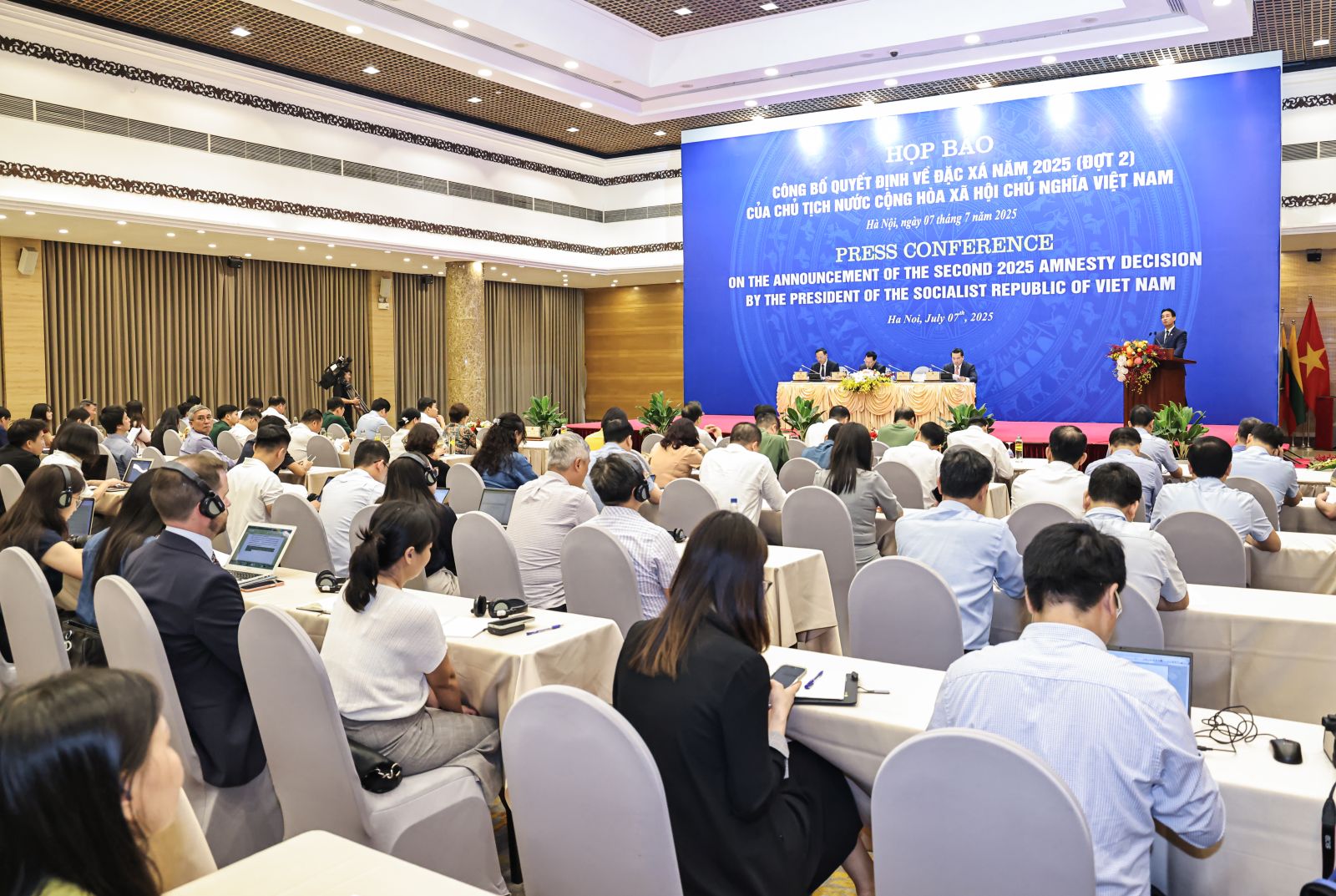
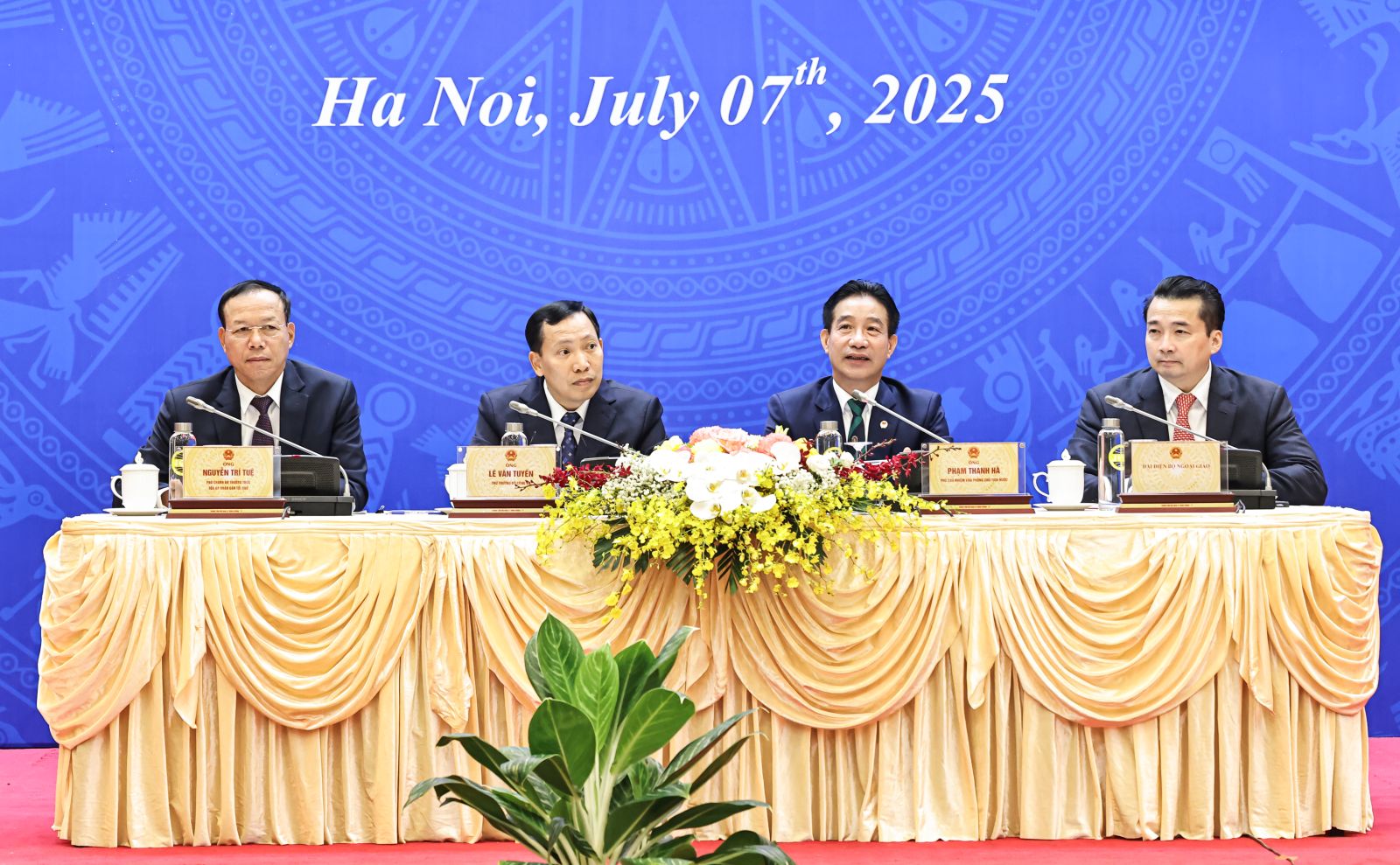
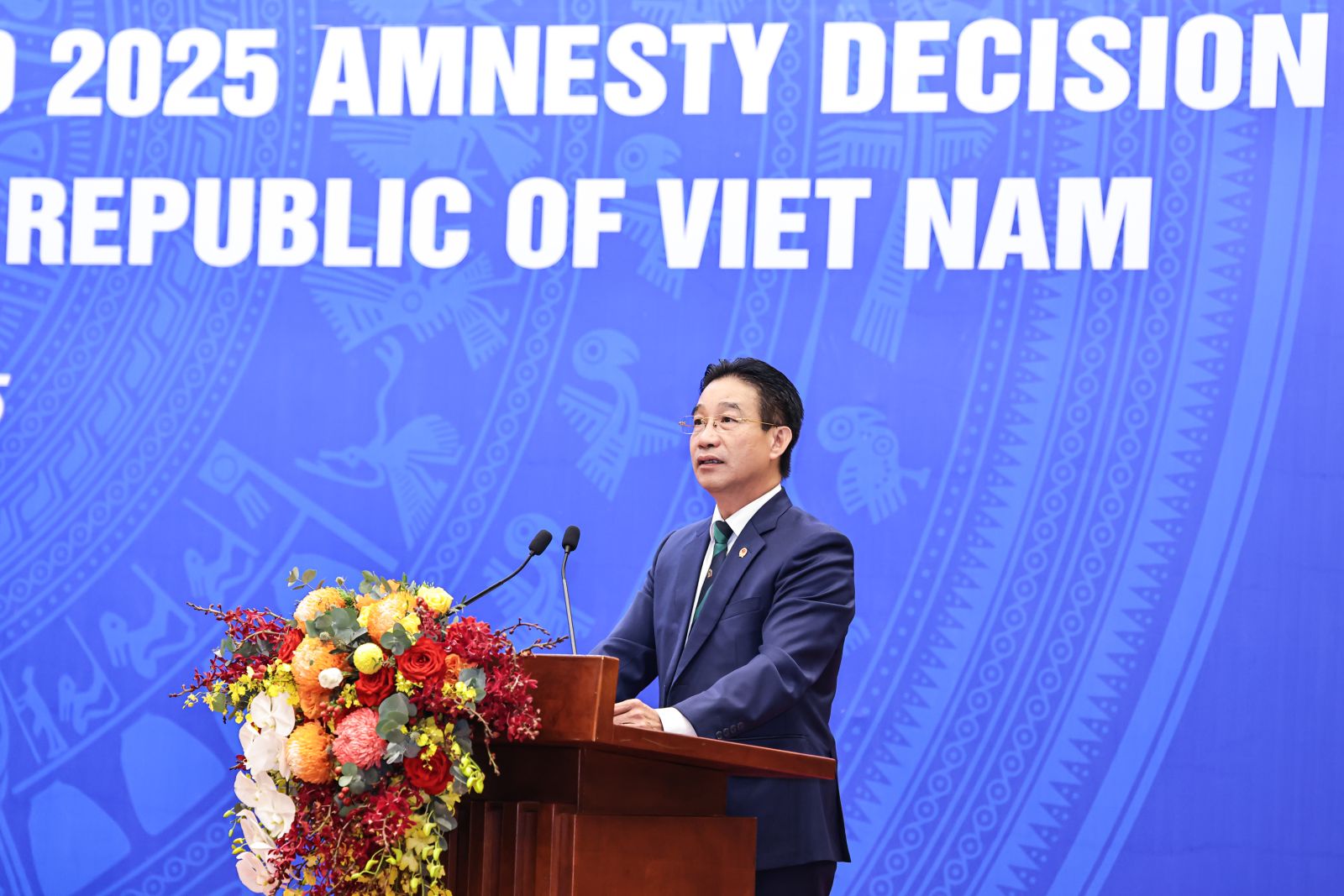
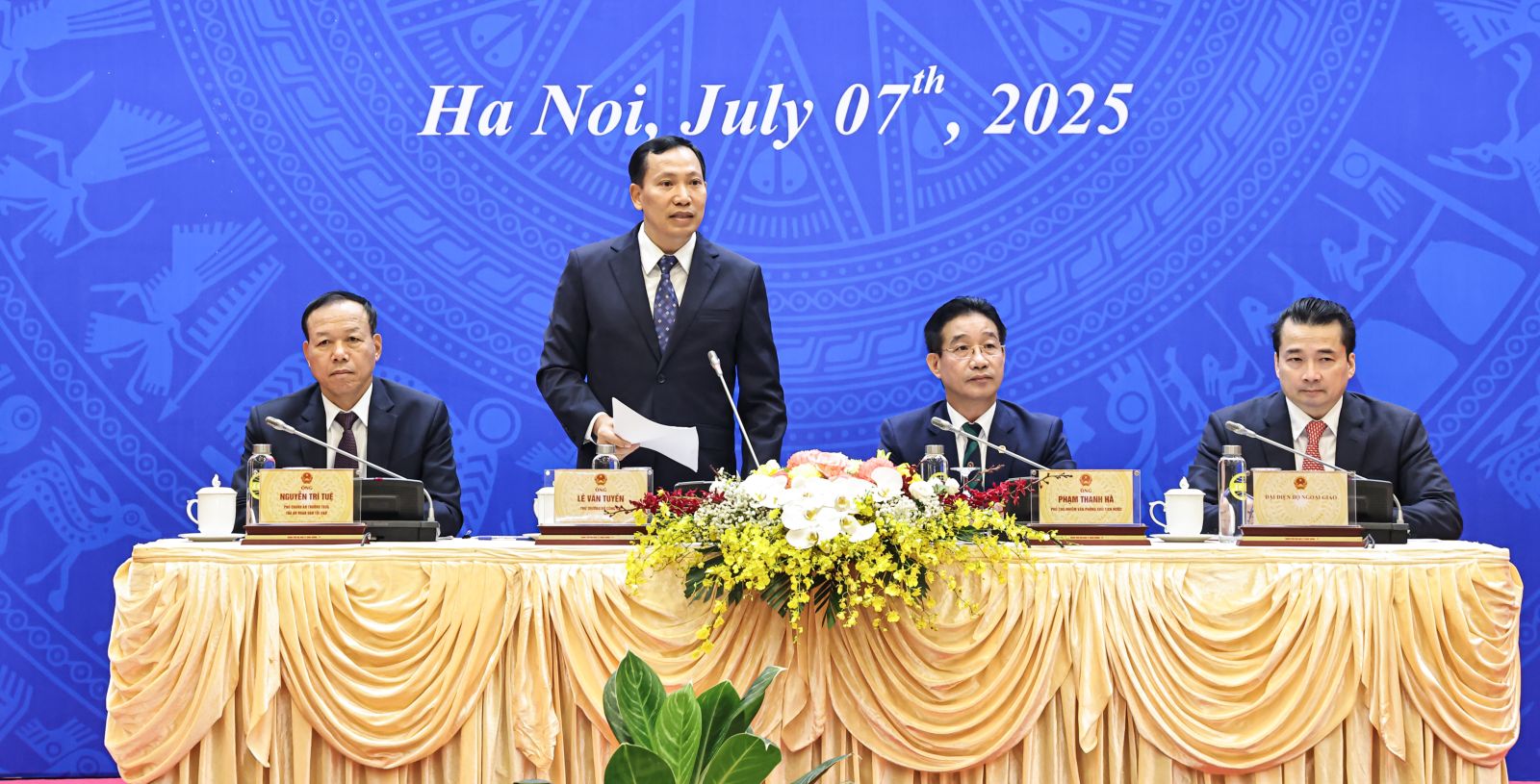








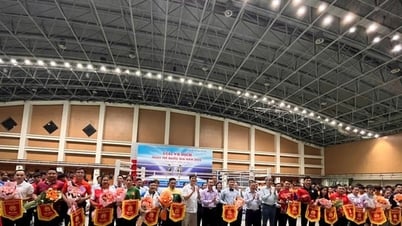


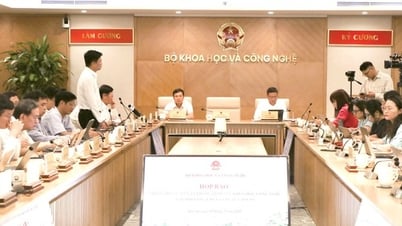







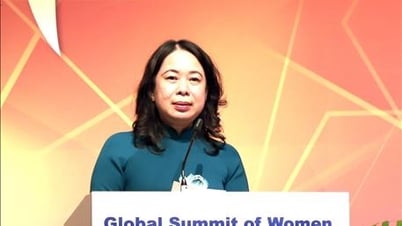
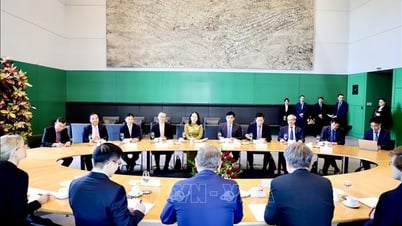
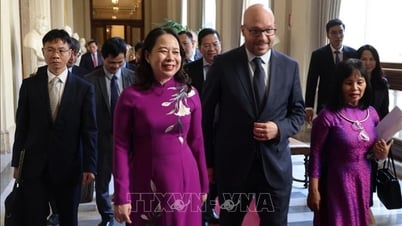
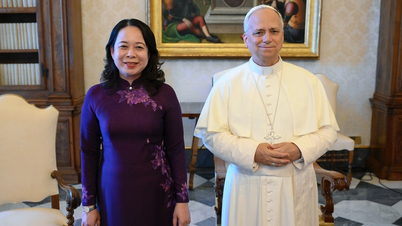
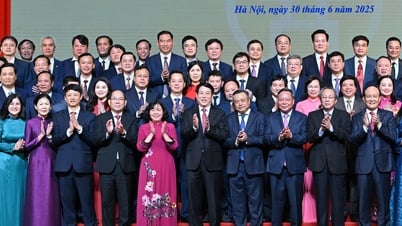





































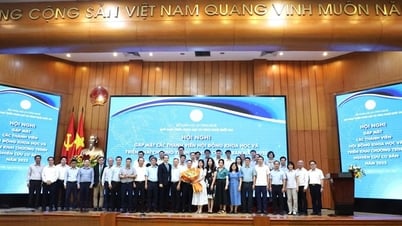
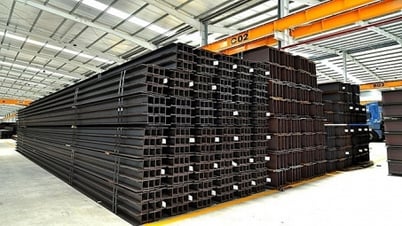

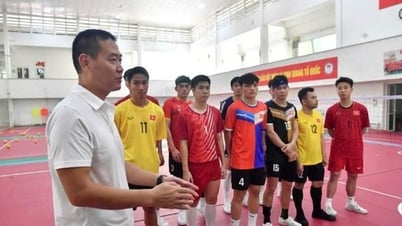
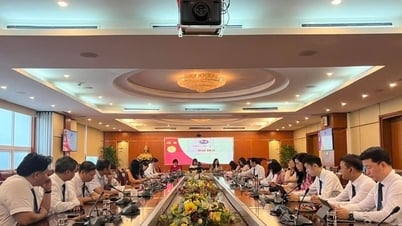
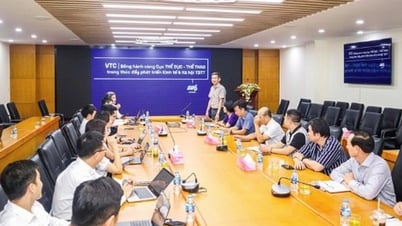
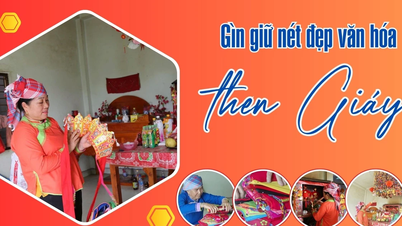

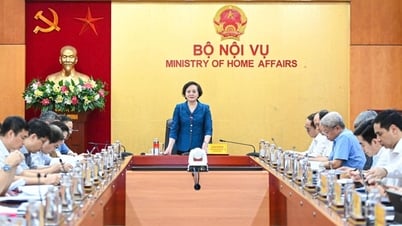

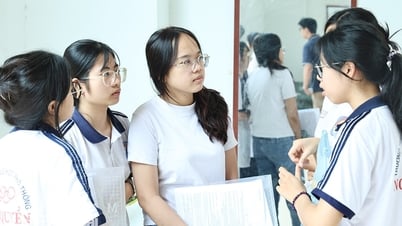

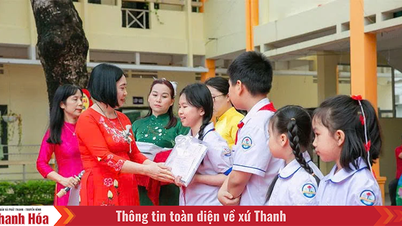

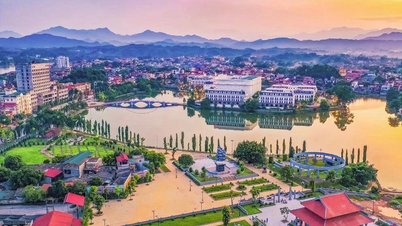
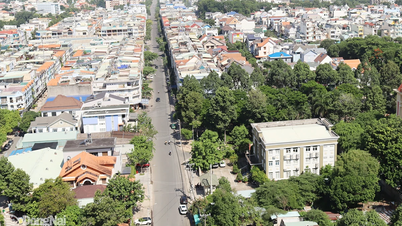











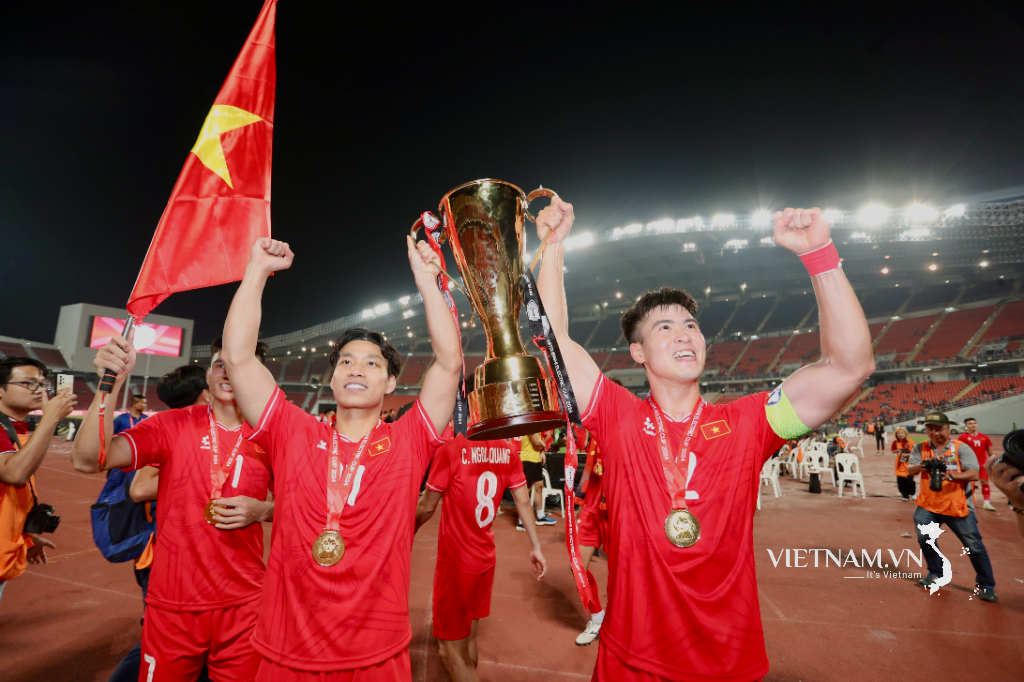
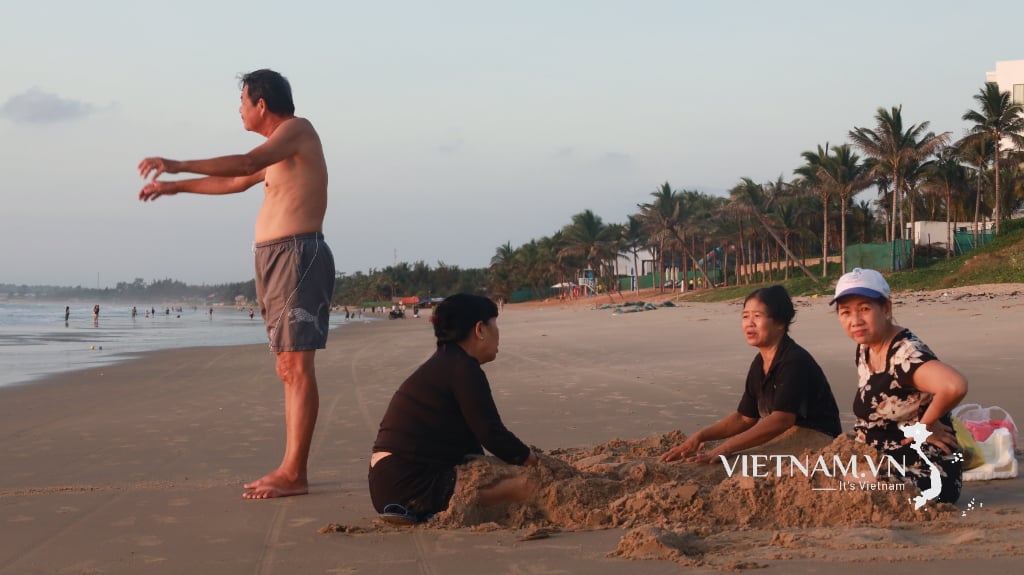
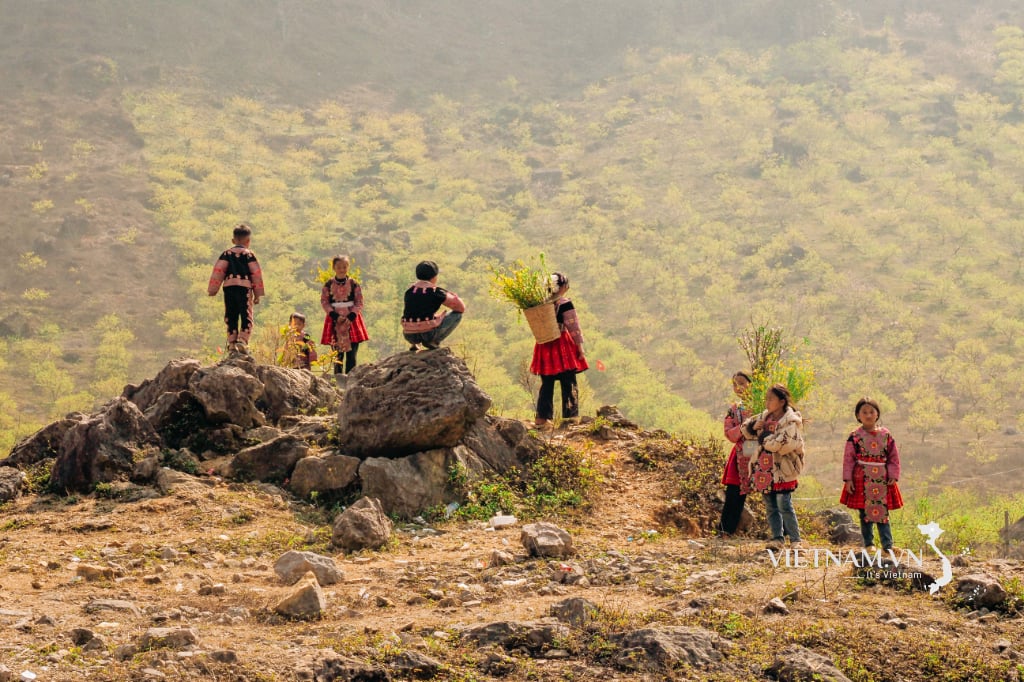

Comment (0)